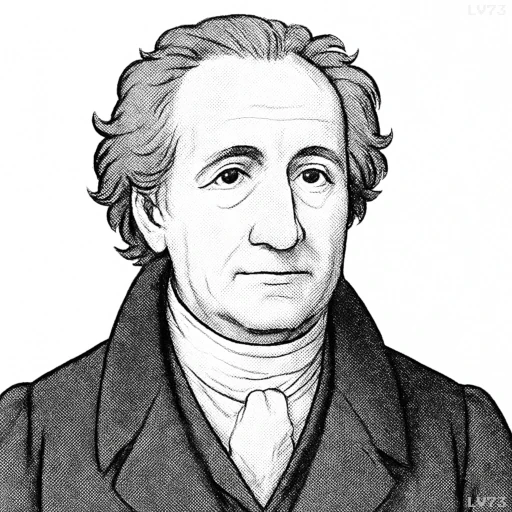“If you wish to know the mind of a man, listen to his words.”

- August 28, 1749 – March 22, 1832
- German
- Poet, playwright, novelist, philosopher, politician
table of contents
Quote
“If you wish to know the mind of a man, listen to his words.”
Explanation
Goethe suggests that words are a direct reflection of a person’s thoughts, beliefs, and inner world. What we speak often reveals our true character, attitudes, and values, even if we don’t realize it. Our language, tone, and the way we express ourselves offer insight into our mindset and how we see the world. By paying attention to the words someone uses, we can understand much about their intentions, convictions, and thought processes. This highlights the idea that speech is not just a tool for communication, but a powerful expression of identity and thought.
Historically, this idea reflects Goethe’s emphasis on authentic self-expression and the connection between thought and communication. During the Romantic period, thinkers valued personal integrity and believed that an individual’s true nature could be understood through their actions and words. Goethe himself was interested in the ways in which language reveals both the conscious and unconscious aspects of the self.
In modern contexts, this idea is particularly relevant in areas such as communication, psychology, and personal development. Active listening and understanding the subtext of someone’s speech can provide valuable insights into their mental state and intentions. In conflict resolution, for example, paying attention to the words someone uses can reveal not just the surface issue, but also deeper concerns or emotions that they may not have openly expressed. Body language and tone can also complement what is said, offering additional layers of meaning.
Goethe’s words remind us that the language we use is a powerful mirror of our inner world. By listening carefully to someone’s words, we can gain a deeper understanding of their thoughts, feelings, and values, which can help us better connect with and understand others.
Would you like to share your impressions or related stories about this quote in the comments section?

